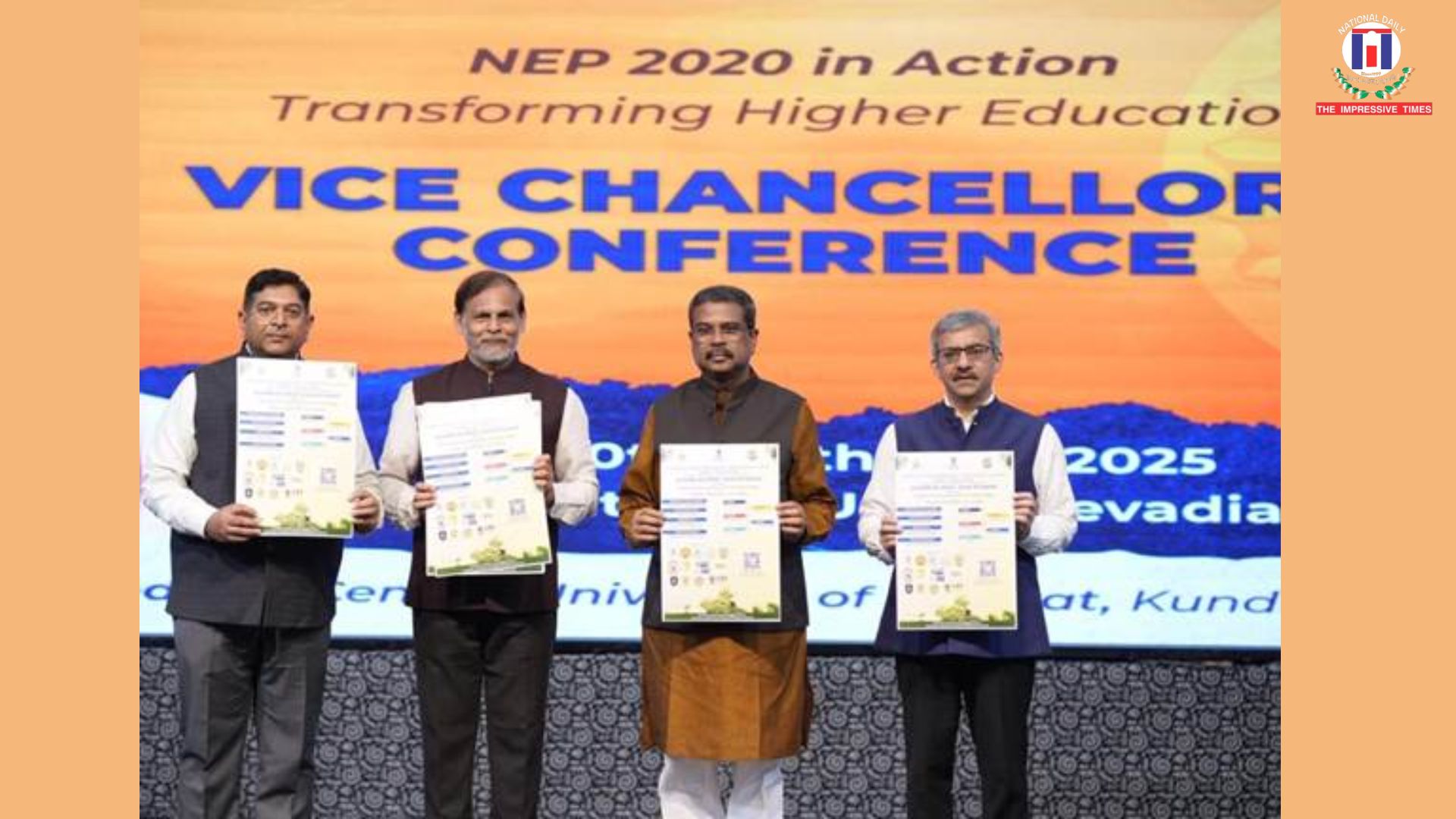
Kevadia, Gujarat | July 11— The Ministry of Education concluded a transformative two-day Vice-Chancellors’ Conference of Central Universities at Kevadia, Gujarat, on July 11, 2025. Attended by Union Minister for Education Dharmendra Pradhan, Minister of State Dr. Sukanta Majumdar, senior officials, and Vice Chancellors from across India, the event spotlighted the future of Indian higher education under the guiding vision of National Education Policy (NEP) 2020.
Addressing the gathering, Dr. Sukanta Majumdar emphasized that Vice-Chancellors are the torchbearers of India’s intellectual destiny, urging them to champion reforms that align with India’s civilizational values and global aspirations. He noted that women’s participation in higher education has surged by 32%—from 1.57 crore in 2014-15 to 2.07 crore in 2021-22—underlining the inclusive spirit of NEP 2020.
Dr. Majumdar hailed the widespread adoption of digital learning platforms like SWAYAM, which now issues nearly 9 lakh certificates annually, with over 295 universities allowing up to 40% credit transfer. He highlighted the Academic Bank of Credits (ABC), which now has over 2.75 crore students registered and includes 1,667 higher education institutions.
The Minister credited Prime Minister Narendra Modi’s leadership in positioning NEP 2020 as a renaissance in Indian education, blending global competitiveness with deep-rooted Indian values. He encouraged universities to drive innovation, industry collaboration, and institutional excellence in line with the Panch Sankalp goals of NEP 2020.
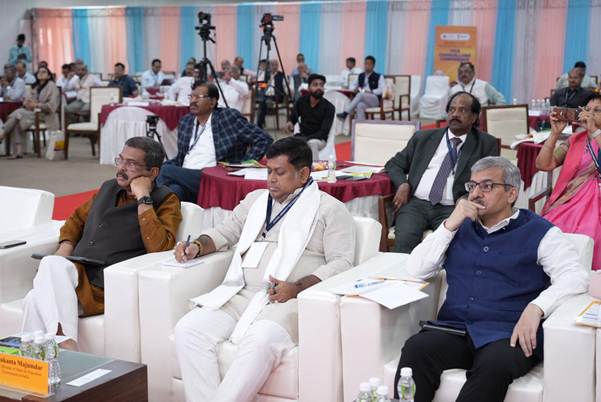
In his concluding remarks, Secretary (Higher Education) Dr. Vineet Joshi emphasized the urgency of implementing structural reforms like the National Higher Education Qualification Framework (NHEQF), National Credit Framework (NCrF), and the Four-Year Undergraduate Programme (FYUP). He underlined the need for digital integration, agile governance, and inclusivity through tools such as SAMARTH, SWAYAM Plus, and APAAR.
The Secretary also stressed the importance of mainstreaming Indian Knowledge Systems (IKS) and Bharatiya Bhashas through knowledge clubs, language labs, and enriched campus libraries to strengthen India’s academic identity.
It was resolved that all Central Universities will prepare strategy papers for “Viksit Bharat 2047”, focusing on:
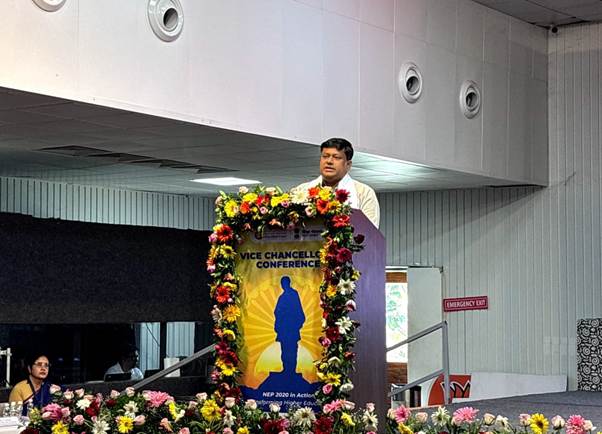
Day 1 featured key sessions on structural reforms under NEP 2020, including:
Day 2 shifted focus to:
Vice Chancellors from leading institutions such as Delhi University, JNU, BHU, Jamia Millia Islamia, IGNOU, Nalanda University, Tripura University, and TISS actively participated in experience-sharing, peer learning, and forward planning.
Setting a reflective tone, the event began with a morning yoga session on July 10, echoing NEP 2020’s emphasis on holistic education and the integration of body, mind, and spirit into academic life.

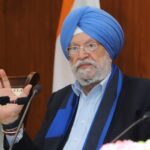

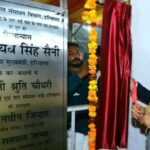
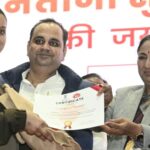






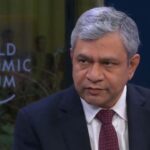

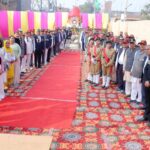
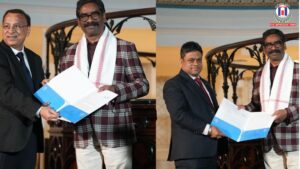



No Comments: